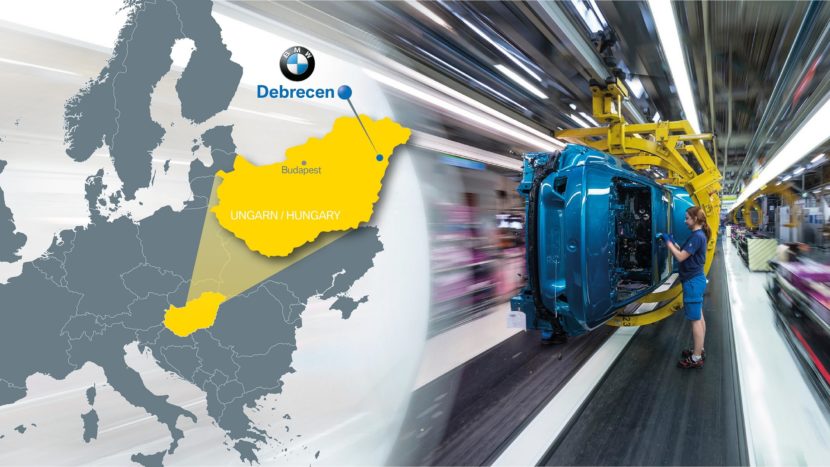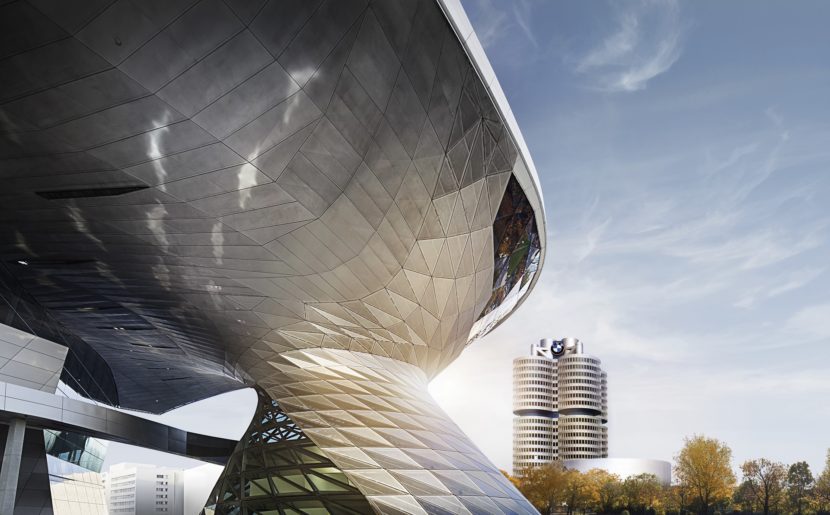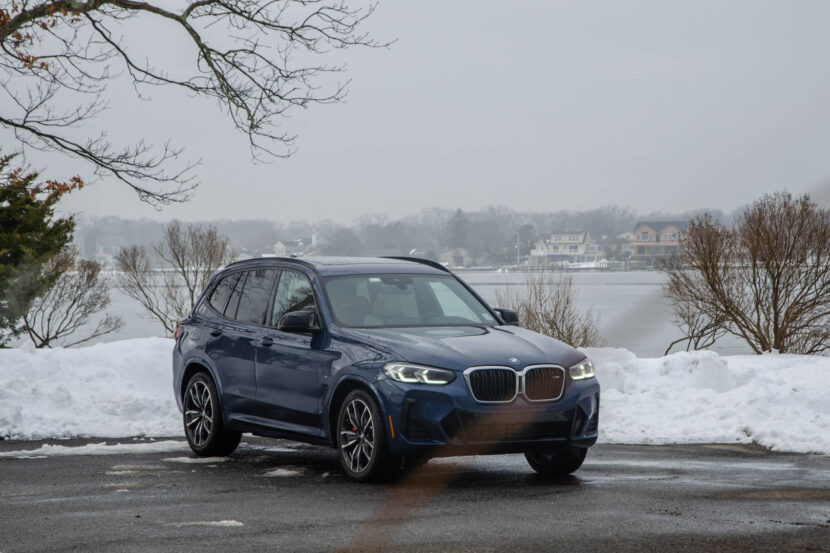BMW will be looking to cut some costs in the upcoming months, as announced today by officials from Munich. The BMW Group will be aiming at improving its numbers further, even though the results it recorded in 2018 financially are not as bad as some expected. Operating profit did take a hit of 7.9 percent but considering the current situation with trade tariffs and the big investments made in electric vehicles, things are still rather good.
“2018 was a challenging year for the automotive sector as a whole. Nevertheless, we achieved the second-highest Group profit to date,” said Harald Krüger, Chairman of the Board of Management of BMW AG, in Munich today. “The challenges facing the entire sector are unlikely to diminish in the coming months. Great efforts will therefore be needed across the entire Group to help shape the sector’s transformation under such conditions.”
The shift to the new WLTP test cycle caused significant supply distortions on several European markets, leading to unexpectedly intense competition. That’s because most manufacturers rushed to sell their inventory before the new regulations kicked in, at the start of September. BMW refused to cut its prices in the same way. In the third quarter of the financial year 2018, increased statutory and non-statutory warranty measures resulted in significantly higher additions to provisions in the Automotive segment.
“We expect strong headwinds to continue to effect the entire sector in 2019. However, we are tackling these various challenges systematically, in order to emerge from them even stronger than before,” stated Nicolas Peter, Member of the Board of Management of BMW AG, Finance. The company claims challenges in various areas, including political uncertainty, a cooling global economy (partly due to international trade conflicts), rising production costs to meet regulatory requirements, exchange rate effects and rising raw materials prices are not are all playing their part in this small decrease but that measures put in place to counter them should do the trick.
The earnings before interest and taxes fell to 9.12 billion euros but were still better in the end to what analysts predicted at 8.94 billion euros. Furthermore, BMW’s return on sales for its automotive division fell to 7.2 percent compared to 9.2 percent in 2017 but that’s all due to the heavy investments done to keep up with the times. Another cost-cutting measure done by BMW was to cut the dividend from 4 euros per common share to 3.5.







































































